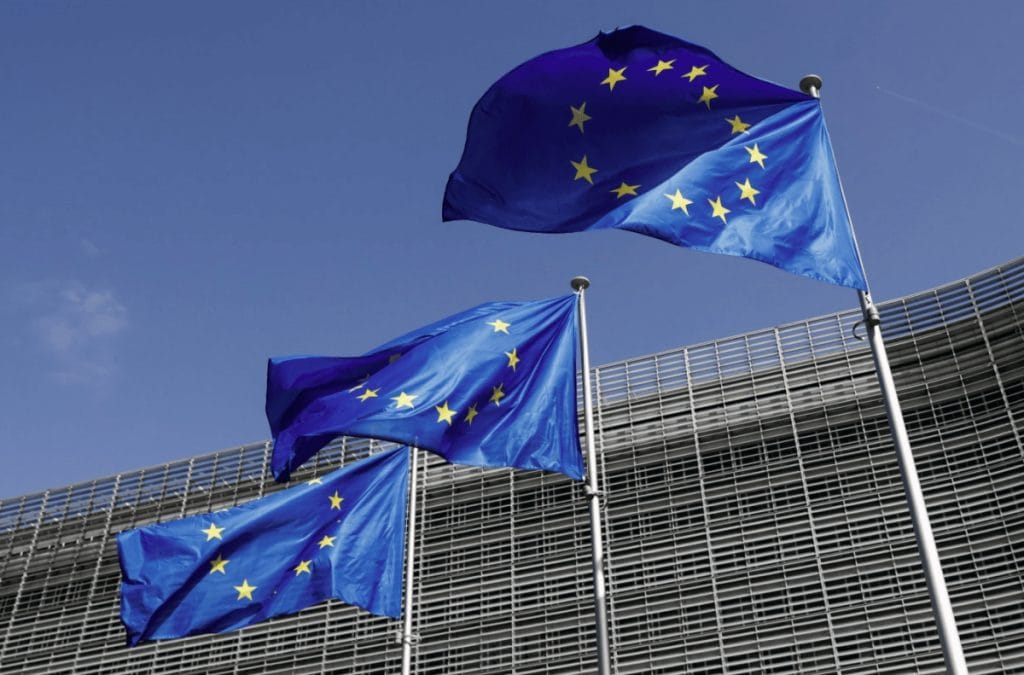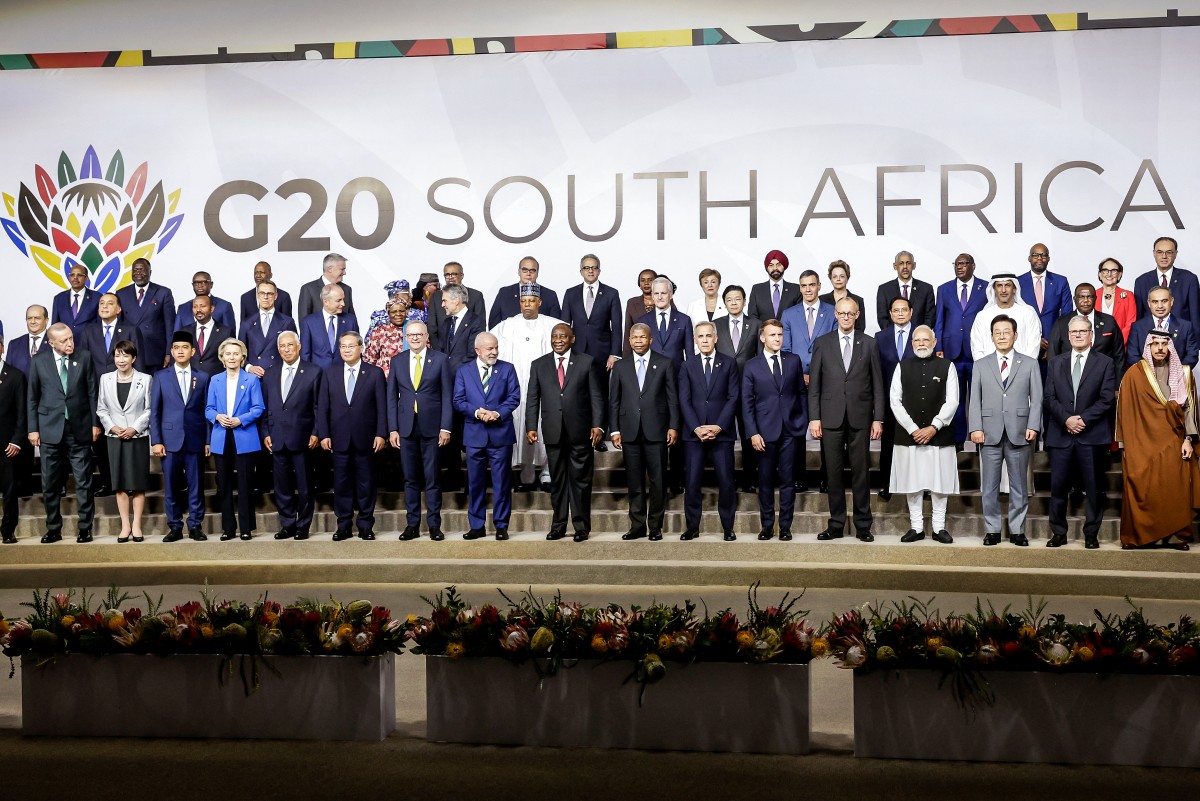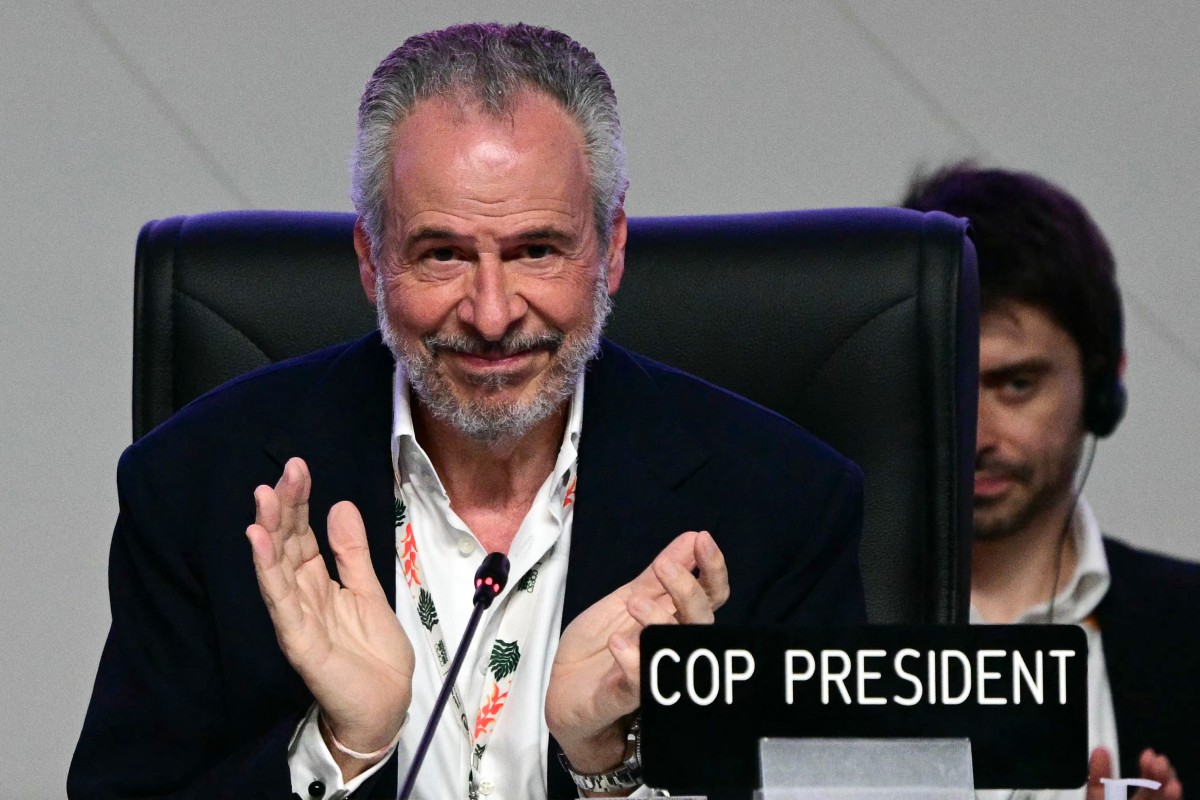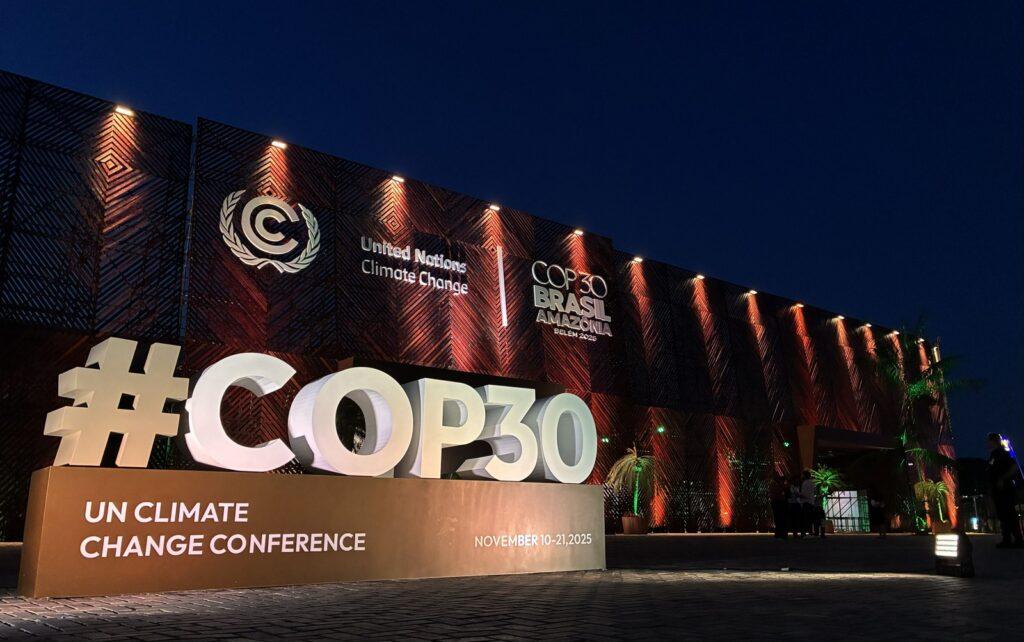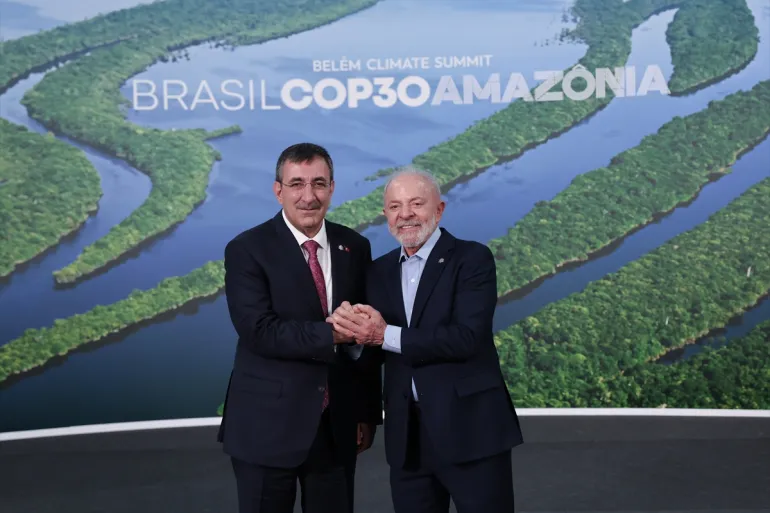Renewables |Climate & Sustainablity
COP30: Nigeria Unveils First Wind Energy Blueprint
Nigeria’s new Wind Energy Blueprint introduces the country’s first national wind resource assessment, provides scientific data to counter long-held doubts about wind viability, and offers a technical framework designed to attract climate finance and guide real project development across all 36 states.

Nigeria has released its first Wind Energy Blueprint at COP30 in Belém, Brazil, in a move aimed at strengthening the country’s clean energy plans. The document was prepared by Oando Clean Energy Limited and formally endorsed by the National Council on Climate Change. It was presented during a high-level event attended by government officials, private sector representatives and international partners.
Speaking at the launch, the Director General of the NCCC, Omotenioye Majekodunmi, described the initiative as an important step in Nigeria’s climate response. She referenced Vice President Kashim Shettima’s call for world leaders to move from ambition to action and said the global community must now focus on measurable delivery.
Nigeria’s commitment to a 32 percent emissions reduction by 2035, supported by its validated Third Nationally Determined Contribution and the activation of the Climate Change Fund, formed the policy context for the new blueprint.
A major component of the document is Nigeria’s first nationwide wind resource assessment covering all 36 states and the Federal Capital Territory. For many years, the perception that Nigeria lacked viable wind resources limited investment interest. The new assessment provides scientific data that shows the country has significant on-grid and off-grid wind potential.
Majekodunmi said the blueprint provides the technical measurements, modelling results and feasibility information needed to guide real project development. She added that it aligns with the Nigeria Just Transition Guideline, which seeks to ensure that renewable energy investments reach rural and underserved communities.
The federal government said the report strengthens Nigeria’s position for climate finance and clean energy investment as climate governance structures improve and the carbon market framework matures.
Director General of the NCCC Majekodunmi reiterated the council's commitment to advancing energy-sector decarbonisation and maintaining alignment with the Paris Agreement. She also acknowledged the leadership of the NCCC President, who she said has provided consistent support for Nigeria’s climate policy direction.
Related Stories
Sign up for Energy in 60 seconds.
Get the latest news, expert analysis, and industry insights delivered straight to your inbox. Join thousands of professionals shaping the future of energy.
By submitting my information, I agree to the Privacy Policy and Terms of Service.
